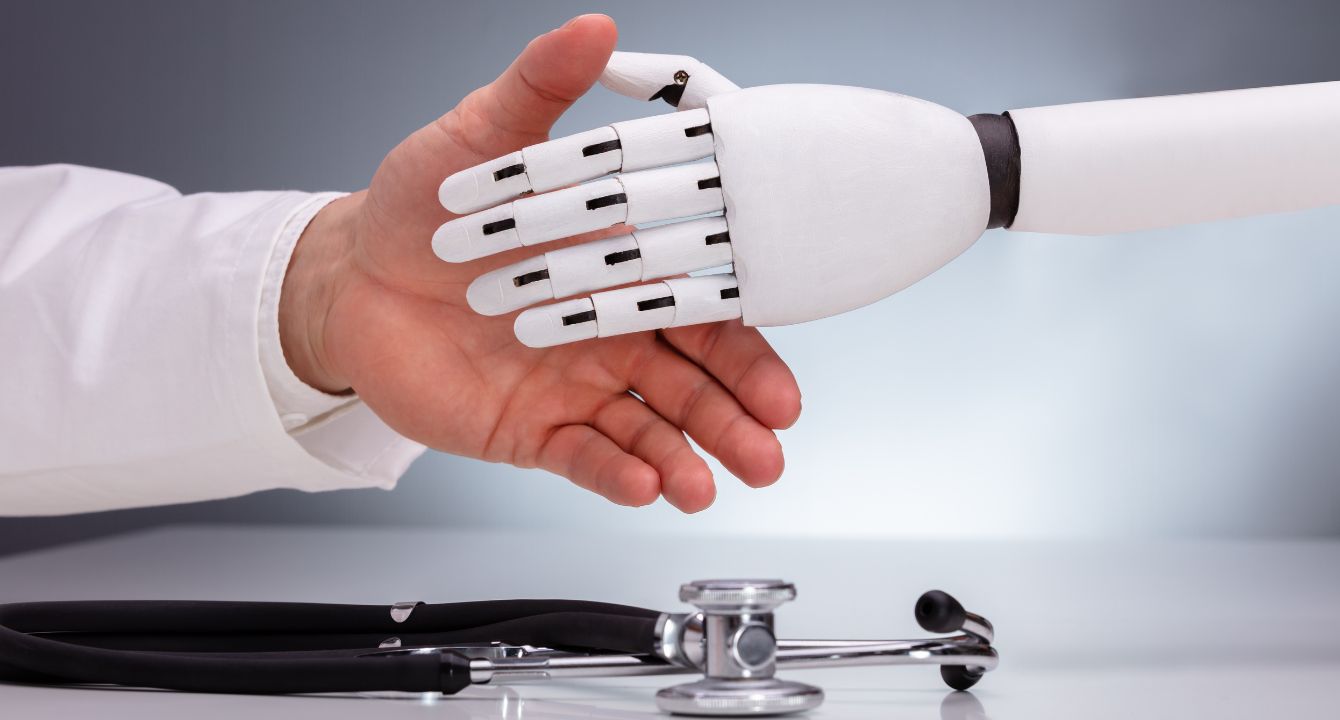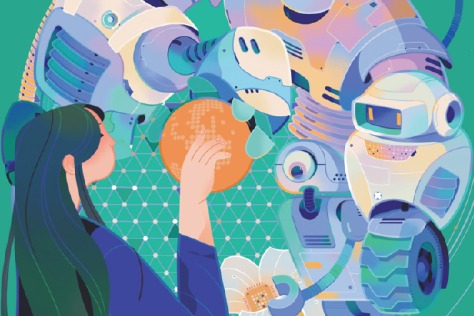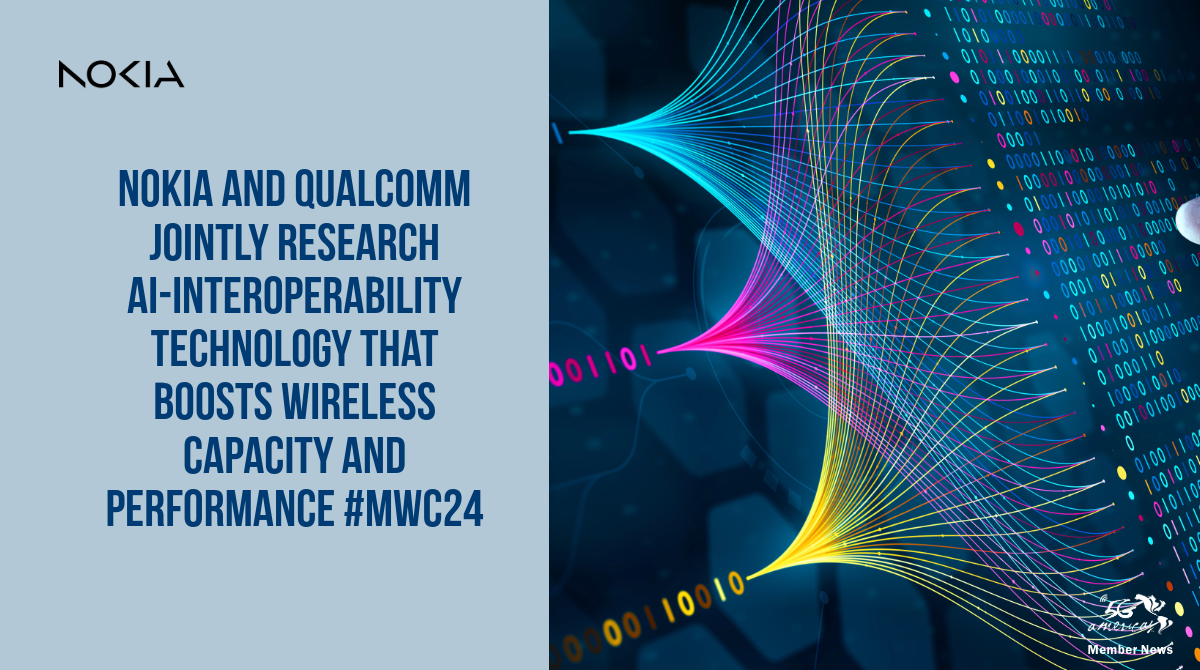During the 1980s, when my sister introduced our family to our initial desktop computer, I was skeptical. I was firmly attached to my sophisticated electric typewriter and couldn’t envision anything replacing it. Consequently, I dismissed the computer, believing it to be a passing trend destined to vanish. However, my assumption was proven wrong, and I have been playing catch-up ever since, struggling with the intricacies of computers and related technologies.
As a medical student in the late 1990s, my peers were investing in the PalmPilot, the pioneering handheld computer serving as a personal digital assistant. Feeling compelled to follow suit, I acquired one as well. Unfortunately, a failure to recharge it led to the loss of all my data in a single day. This incident prompted me to revert to my trusted “paper and pen,” my comfort zone. Even today, I find myself inadequately skilled with my smartphone and have resisted purchasing a smartwatch.
The emergence of social media platforms in the early 2000s caught me completely off guard. I was the sole individual in my circle without a Facebook account. My lack of technological proficiency left me unable to shield my daughters from the pitfalls of social media, highlighting my ignorance in this realm.
Now in my mid-50s, the dominance of artificial intelligence (AI) in the news has captured my attention. Unlike my earlier dismissals, I recognize that AI is here to stay and poses a potential threat if I fail to adapt. Concerns about the rapidly evolving landscape of AI linger, raising uncertainties about the future of my career and the possibility of being rendered obsolete. Despite my reservations, I took a leap of faith and enrolled in a free AI system, ChatGPT.
As a palliative care physician specializing in supporting individuals with progressive, life-limiting illnesses, my role involves guiding patients through the realities of their conditions, offering insights into their prognosis, and aiding them in preparing for the end-of-life phase. This demands refined communication skills, the ability to decipher non-verbal cues, and a deep understanding of the various sources of suffering that contribute to their distress.
While experimenting with ChatGPT to gather insights on COPD (chronic obstructive pulmonary disease), I discovered its capacity to provide valuable information about the condition, its stages, and what patients can anticipate. However, when seeking personalized advice, I encountered limitations in the system’s responses, which tended towards generalized information.
Despite its informative nature, I firmly believe that Dr. AI cannot replace the personalized care and empathy that a human physician provides. Each individual battling a progressive illness is unique, requiring a tailored approach that considers their distinct circumstances and needs. The essence of being a doctor lies in the ability to humanize the medical experience, offering individualized care that extends beyond mere information dissemination.
While AI like Dr. AI may excel in conveying medical facts and offering reassurance, it lacks the human touch and emotional intelligence essential for comprehensive patient care. As a palliative care physician, my practice revolves around personalizing care, fostering open and honest communication, and ensuring that each patient comprehends their situation fully.
In conclusion, while AI continues to advance and evolve, I am optimistic about the future of my career and the care I provide to my patients. By embracing technological advancements while upholding the values of compassionate care and individualized attention, I aim to navigate the changing landscape of healthcare with confidence and dedication.










